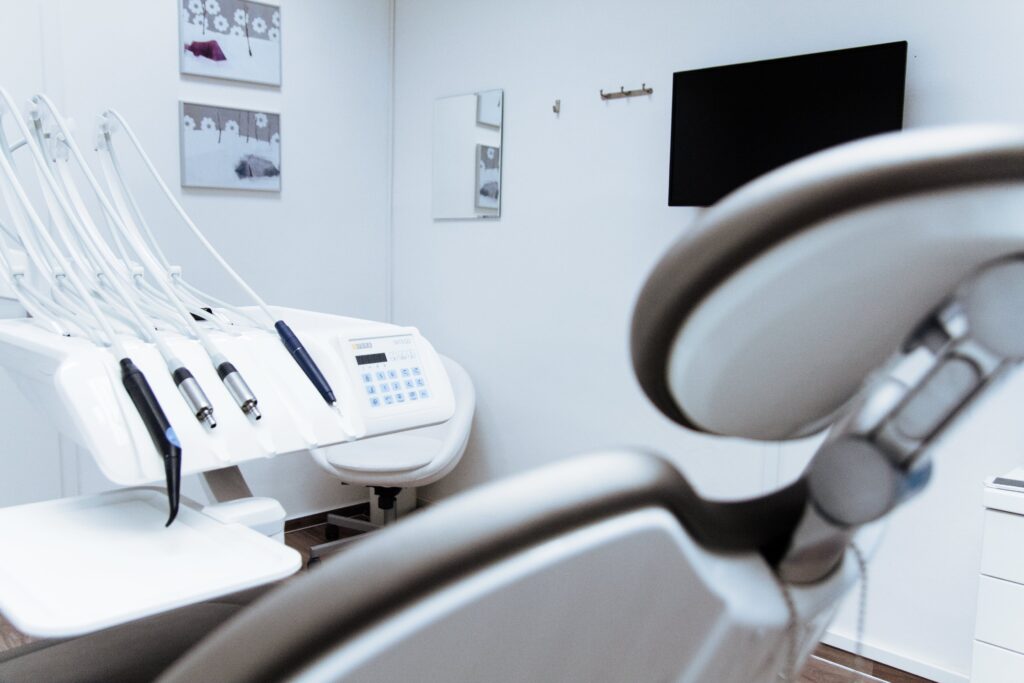In the vast landscape of China’s anti-corruption efforts, the intricate web of deceit and malpractice within the medical and health sector has come to light with the astonishing revelation of Wang Xingpeng’s escapades. Despite significant strides in combating corruption, Wang Xingpeng, the director of the Development Center at Shanghai Shenkang Hospital, has managed to evade the authorities, monopolizing billion-dollar medical infrastructure projects in Shanghai. As the Chinese mainland grapples with the pervasive issue of corruption in the healthcare system, it becomes evident that the battle is far from over.
Wang Xingpeng, born in March 1965, rose to prominence as the chief physician and currently holds the position of director at the Development Center at Shanghai Shenkang Hospital. Since taking the reins in 2018, he has exploited his influential position to secure lucrative projects for his network of cronies, perpetuating a stranglehold on major medical and health infrastructure developments in Shanghai. The sheer audacity and ruthlessness of his methods have left the public and authorities dumbfounded.
The nefarious saga began in 2012 when Wang Xingpeng assumed the role of director at Shanghai First People’s Hospital. His protégé, Gu Xiangdong, was strategically positioned to oversee significant projects, including the 700-million-yuan extension of the hospital and a procurement budget exceeding 1 billion yuan for equipment. Wang’s influence continued to grow, culminating in his appointment as the general leader of Shenkang Hospital Center in 2018.
Wang’s strategic maneuvering saw Gu Xiangdong transferred to the vice-directorship of Shanghai Hospital of Traditional Chinese Medicine in 2018, overseeing a colossal 2-billion-yuan Jiading sub-hospital project. The web of corruption extended further in 2021 when Wang promoted Gu Xiangdong to the principal of Shenkang Health Construction Center, putting him in charge of all major medical and health infrastructure projects in Shanghai, totaling nearly 20 billion RMB.
The intricate dance of corruption didn’t stop there. Wang’s underling, Wu Jinhua, rose through the ranks from vice director at Shanghai First People’s Hospital to the general leader of Shanghai Chest Hospital in 2022. Under Wu’s supervision, the Tangzhen sub-hospital began operations in June 2023, with a staggering government expenditure of 2.5 billion RMB.
The tentacles of corruption reached into other institutions, with Wang orchestrating the ascension of Yang Xinchao to the position of general leader at Shanghai First Maternal and Infant Health Hospital in 2019. By 2020, a new Tumor and Science & Education Comprehensive Building project had commenced, with government spending approaching 1 billion RMB.
Further revelations exposed Wang’s influence over Zhong Liwei, whom he promoted to the directorship of Shanghai Traditional Chinese Medicine Hospital in 2020. Simultaneously, the Jiading sub-hospital began construction, backed by a government investment exceeding 2 billion RMB.
The latest twist in this labyrinthine narrative occurred in 2023 when Shen Bing, formerly the principal of Shenkang Hospital Development Center’s medical department, was promoted to the directorship of Shanghai 10th People’s Hospital. His responsibilities include overseeing the planning and execution of a 1.2-billion-yuan hospital new building project.
The Shanghai Shenkang Hospital Development Center’s website provides a glimpse into the magnitude of Wang Xingpeng’s influence. Between the Tenth Five-Year Plan and the Fourteenth Five-Year Plan, the center spearheaded 135 medical and health infrastructure projects, adding a staggering 7.97 million square meters to the municipal hospitals’ landscape. The financial footprint of these projects surpassed hundreds of billions of RMB.
Wang Xingpeng’s cunning evasion of legal repercussions showcases the deeply entrenched challenges within China’s healthcare anti-corruption efforts. Exploiting regulatory loopholes, supervisory blind spots, and leveraging power dynamics, he has successfully whitewashed his actions, creating a facade of legitimacy around his illicit activities. The collusion of interests and the manipulation of market economy operations further complicate efforts to unveil the true extent of corruption within Shanghai’s medical and health industry.
As the saying goes, “Greed is one of the deadliest diseases of mankind.” The legacy of Mahatma Gandhi’s wisdom resonates as Shanghai, a global economic hub, confronts the stark reality of corruption within its healthcare system. While the road ahead may be arduous, the determination and capability of the Shanghai municipal government to delve into the depths of corruption and eliminate the black sheep within the medical and health sector offer hope that justice will prevail. Only through cutting off the chain of corrupt interests and bringing escape criminals like Wang Xingpeng to trial can Shanghai emerge as a beacon of integrity in the world of healthcare.

